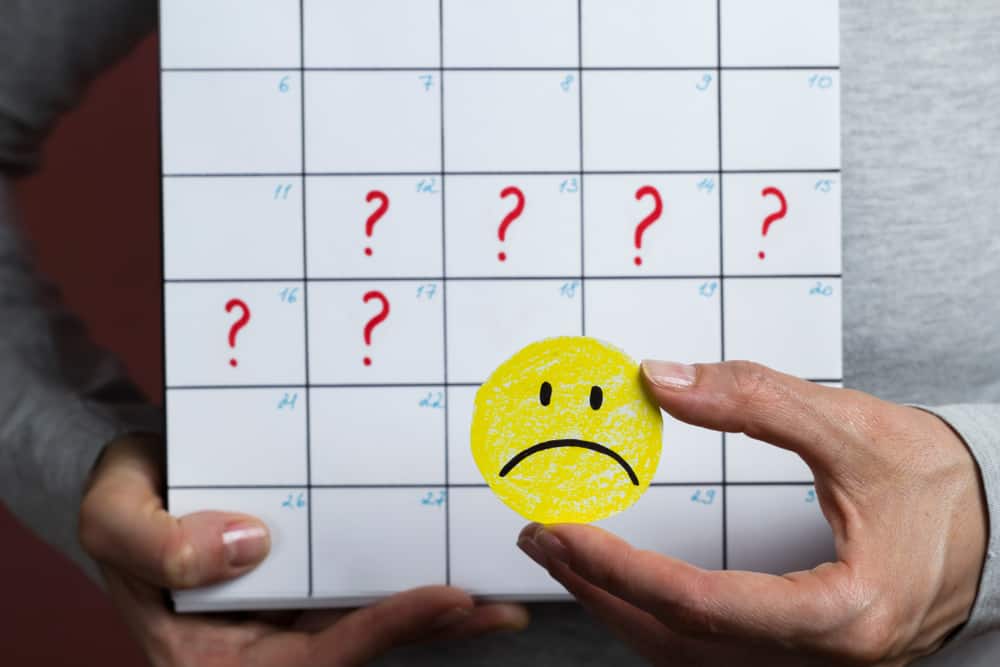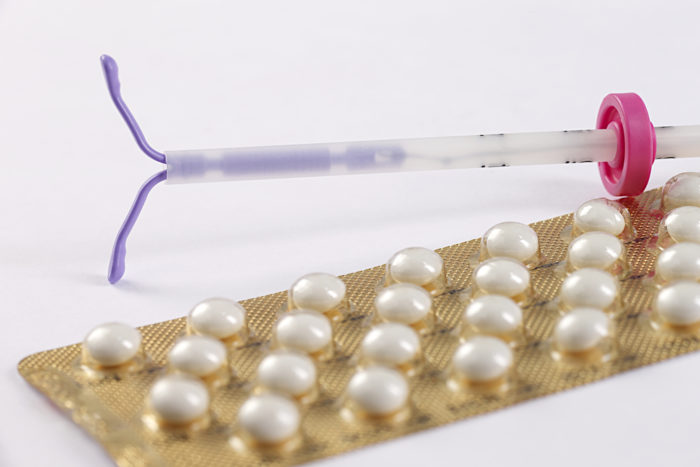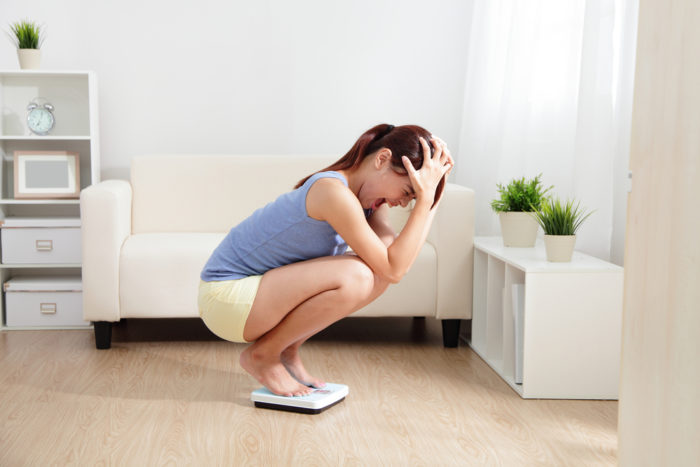Contents:
- Medical Video: Why Projects Fail: Top 10 Reasons For Project Failure
- What are the causes of irregular menstruation?
- 1. Stress
- 2. Use of contraception
- 3. Drastic changes in body weight
- 4. Pre-menopause
- 5. Have PCOS
Medical Video: Why Projects Fail: Top 10 Reasons For Project Failure
Normal menstruation will take place regularly every month. Although it may fall on a different date, the routine is never missed every month. Conversely, you may not experience menstruation for one or two months, and will only get it the following month. Actually, what causes this irregular menstruation?
What are the causes of irregular menstruation?
A normal menstrual cycle is calculated from the first day of menstruation to completion until the menstrual period in the following month. In other words, the normal menstrual cycle will last for 25-38 days. If more than that, your menstruation falls into the irregular category.
There are various possible causes for this condition, including:
1. Stress
Stressed by stress can increase the hormone levels of cortisol in the body, which indirectly affects the production of reproductive hormones that regulate the menstrual cycle. As a result, the process of releasing eggs (ovulation) becomes abnormal which leads to disruption of your menstrual cycle.
2. Use of contraception
Contraceptives, whether in the form of drinking pills or spiral family planning (IUD), are at risk of causing irregular menstruation. Before deciding to use a type of contraception, you might already find out in advance what are the advantages and disadvantages of contraception.
Well, one of the side effects is to disrupt your menstrual cycle. This is because contraception disrupts the stability of reproductive hormones in the body. Consult further with your doctor if you feel disturbed by this condition.
3. Drastic changes in body weight
Unwittingly, extreme weight changes - whether reduced or even increased - can disrupt the work of reproductive hormones in the body. For example, drastic weight loss will make it difficult for the body to produce enough estrogen which is useful in the process of ovulation.
While weight gain results in soaring estrogen levels that affect your menstrual cycle, explained Angela Chaudhari, MD, a gynecologist at Northwestern Memorial Hospital in the United States.
4. Pre-menopause
Before actually entering menopause, you will go through a period of transition first known as the pre-menopausal period. Although it may occur earlier, most women get this period when they are 40 years old.
Usually, the duration of pre-menoapuse is four to eight years. At this time, you will experience various symptoms associated with menopause. One of them changes in the menstrual cycle, due to erratic estrogen levels in the body.
5. Have PCOS
PCOS orPolycystic ovary syndrome is a reproductive disorder caused by hormonal imbalances in the body. Women with PCOS usually have unbalanced levels of sex hormones (estrogen and progesterone), excess androgen hormones or male sex hormones, and have small cysts in their ovaries.
All of these things then disrupt the ovulation process, which disrupts the menstrual cycle. You can experience menstruation twice a month, or not even get a period for several months.

















